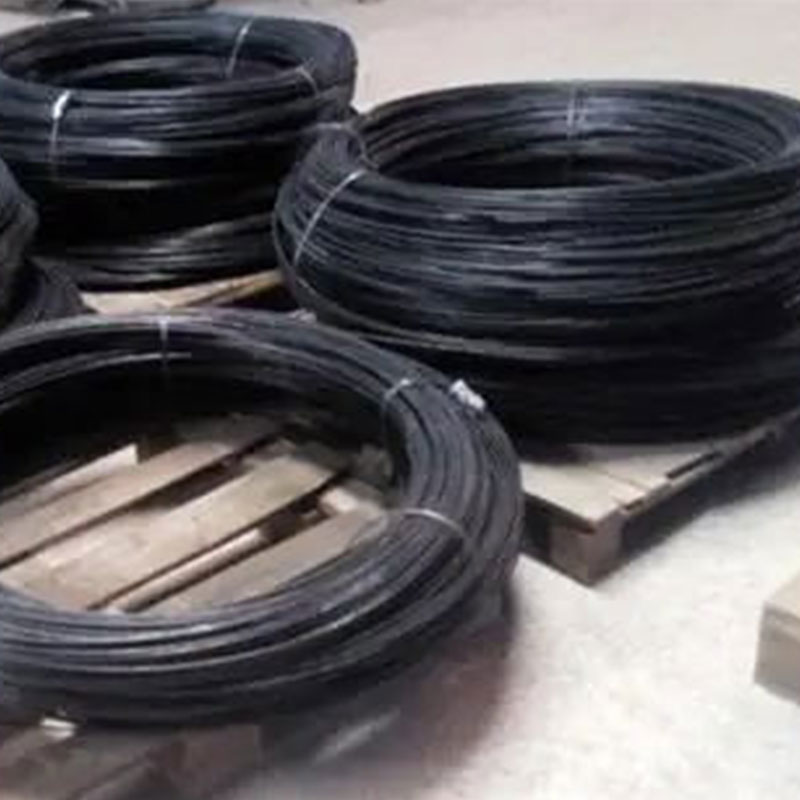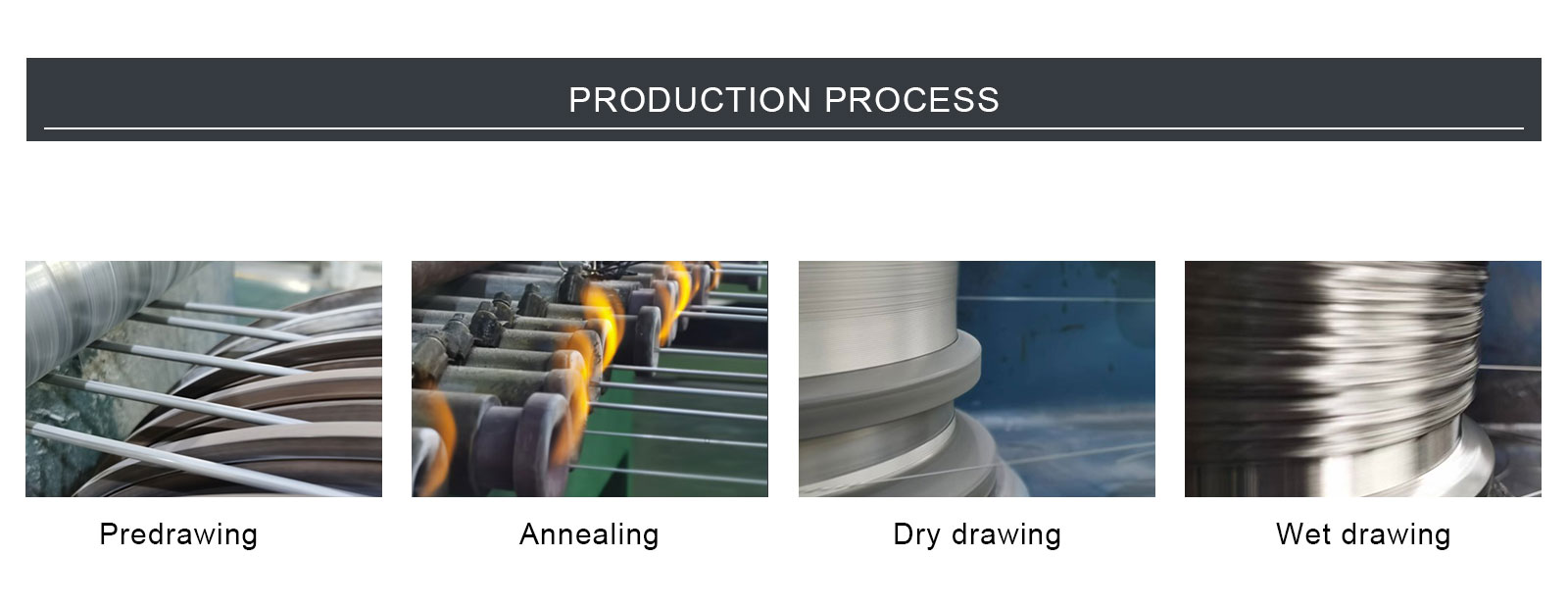
 View large image
View large image

 View large image
View large image
| Application | Tension, compression, torsion spring and wire forms. |
| Size range | 0.250~5.00mm |
| Product data | |
| Delivery form | Coil or spool |
| Typical steel | 0.82%C, 0.90%C piano grade |
| Finish | Cold drawn &oiled |
Piano wires are ideal for spring construction and repair. Whether you're a professional or an amateur working on a piano, you can benefit from the superior strength and durability of piano wire. Piano wires are made from high-grade steel that is heat-treated, hardened, and tempered to exacting specifications. This ensures that the wire will remain strong and resilient throughout its life. Furthermore, piano wires come in various sizes so you can find one that fits your application perfectly.
In addition to being incredibly strong and durable, piano wires are also highly flexible making them perfect for creating tight coils for springs. The flexibility of the wire allows it to be bent into intricate shapes without losing its shape or strength. Piano wire is also incredibly resistant to corrosion which means it won't rust or corrode over time like other metals might. As a result, your springs will last longer and perform better than ever before!
If you're looking for an excellent material for constructing springs or repairing existing ones, then look no further than piano wire. Its superior strength, durability and flexibility make it the perfect choice for any project involving springs. Plus, with its resistance to corrosion, it's sure to stand up to whatever life throws at it!
If you are looking for a reliable and durable material for piano wires, then spring piano wire is an excellent choice. It has numerous advantages over traditional steel or copper wires, including:
1.Higher Strength: Spring piano wire is made of high-carbon steel alloy and is therefore much stronger than conventional steel or copper wires, making it ideal for use in pianos with heavier strings.
2. Better Tuning Stability: Spring piano wire is designed to resist stretching and shrinking due to temperature changes, allowing it to maintain consistent tuning longer than other materials.
3. Longer Lifespan: The superior strength of the material means that spring piano wire can last up to four times longer than standard steel or copper wires used in pianos.
4. Easy Installation: Spring piano wire is easier to install than other materials due to its flexibility and ease of use, so you can get your instrument up and running quickly without having any major installation issues.
Piano wire, also known as music wire, has been an important part of the music industry for centuries. It is a thin, high-tensile steel wire that is used in pianos, harpsichords, and other stringed instruments. But what exactly is piano wire made from?
Piano wire, also known as music wire or high-carbon steel wire, is a thin but strong wire commonly used for making piano strings. It is essential for producing crisp and clear sounds that travel through the air and reach our ears. Piano wire has a long and fascinating history and has gone through various changes to become the material that it is today. In this blog post, we will explore what makes up piano wire and how it is made. So sit back, relax, and prepare to dive into the world of steel and music!
Piano wire stainless steel is an incredibly versatile material that has a variety of uses in many industries. It is a type of steel alloy composed of chromium, nickel and molybdenum. The combination of these metals creates an extremely strong and durable material that is highly resistant to corrosion and rust. Piano wire stainless steel is often used for construction, medical equipment, electronics, automotive parts and aerospace components due to its strength and corrosion-resistance capabilities.


If you have more questions,contact to us
The field is required.
The field is required.
The field is required.
The field is required.
The field is required.

 Tel : 0086-0574-63771655
Tel : 0086-0574-63771655
 Fax : +86 19817364017
Fax : +86 19817364017

Address : 800 Haifeng Road, CiDong Industrial Zone, Cixi City